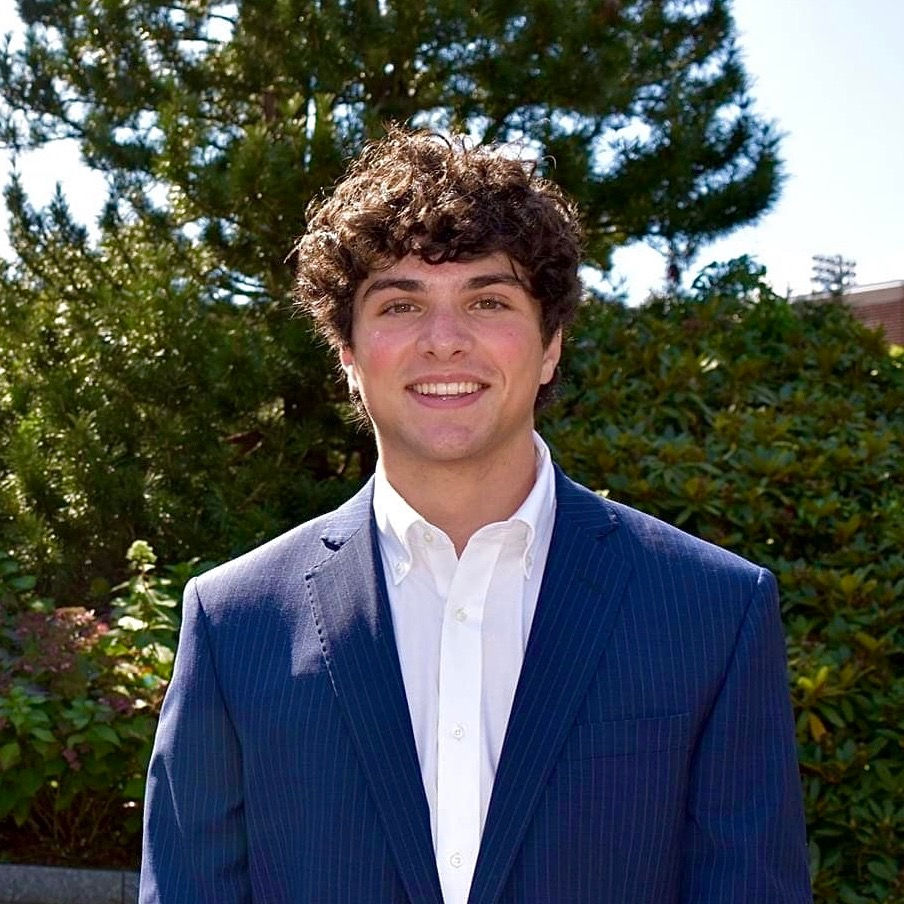Body Checking
- Nov 2, 2022
- 3 min read
We all look in the mirror when we are getting ready or make sure we look okay before a special event. But when do these things become obsessive and unhealthy?
Body checking is obsessive behaviors and thoughts about the way one looks. It is common among people who suffer from eating disorders and body dysmorphia. Many people with body dysmorphia and/or eating disorders body check through touching, grabbing, looking at, and comparing the body parts they are concerned about as a coping mechanism for their body anxiety. Body checking can also be exhibited in frequent weighing and reassurance seeking.
Body checking has especially become more common and more normalized with the rise of social media.
Trends on social media platforms, like TikTok, have caused many people to continuously record themselves and their bodies from different angles. People can find themselves making comparisons about their bodies to others and/or being reassured through comments made on their videos. This is leading to the obsessive behavior becoming a subconscious action, where people do not even realize they are partaking in these detrimental behaviors.
Body checking is also common among people who are engaged in fitness and bodybuilding as well.
Behaviors like feeling your muscles, measuring your body, and noticing how they look when moving/flexing are all associated with body checking. This is especially common in males involved in fitness, as society equates muscularity with masculinity. And this behavior is normalized in today’s fitness world.
Of course, it is important to practice self love - whether that be appreciating your body, filming a fun video for social media, or celebrating the progress you have made in your fitness goals - but it’s important not to let these behaviors consume you.
Body checking becomes a problem when it gets in the way of your daily life and starts having an effect on your self worth and self esteem. It becomes compulsive when you feel like you have to do one of the obsessive behaviors discussed earlier.
Body checking is a learned behavior, which means it is possible to overcome. Here are some ways to challenge urges to body check:
⭐️ Delete any videos or photos of body checking from your phone.
⭐️ Notice the moments you want to check, and make a conscious effort not to succumb to the urges.
⭐️ Write down and/or say positive messages to remind yourself that you are more than just your body.
⭐️ Use distractions - like watching tv, calling up a friend, listening to music - when you feel urges to body check.
⭐️ Make weekly goals - like not looking in the mirror except in the morning and night, or not filming a video of your body today - to keep yourself on track and ease yourself into recovery.
⭐️ Unplug from social media and hide videos and photos that might trigger body checking urges. Remember that social media is fabricated and you should never compare yourself to anything you see on social media.
Overcoming the urge to body check may take time, but as long as you consciously make the effort and are diligent, body checking recovery is possible. Be patient and compassionate towards yourself. You got this! 🧡
Our app is coming!
Learn more and join our waiting list!
🧡Join our ED Recovery Discord here!
(If you don't have Discord, it's easy and free to sign up!)

Written by
Jack Manthous
Jack is an intern at Beanbag Health. He is a senior at the University of Connecticut, majoring in Management. Jack states that he has already learned so much during his time at Beanbag Health and feels excited to be a part of a company that is working towards making eating disorder recovery support more accessible. He is looking forward to a future where everyone will be able to access affordable and effective mental health support.

Reviewed By:
Lindsey Depledge
Lindsey is one of the founders of Beanbag Health with a personal passion for eating disorders. She's a behavioral scientist with a background in health-tech and ed-tech in the US. She has designed healthcare and education programs at scale, engaging millions of Americans and thousands of students globally, including many from traditionally underserved backgrounds.



Opmerkingen